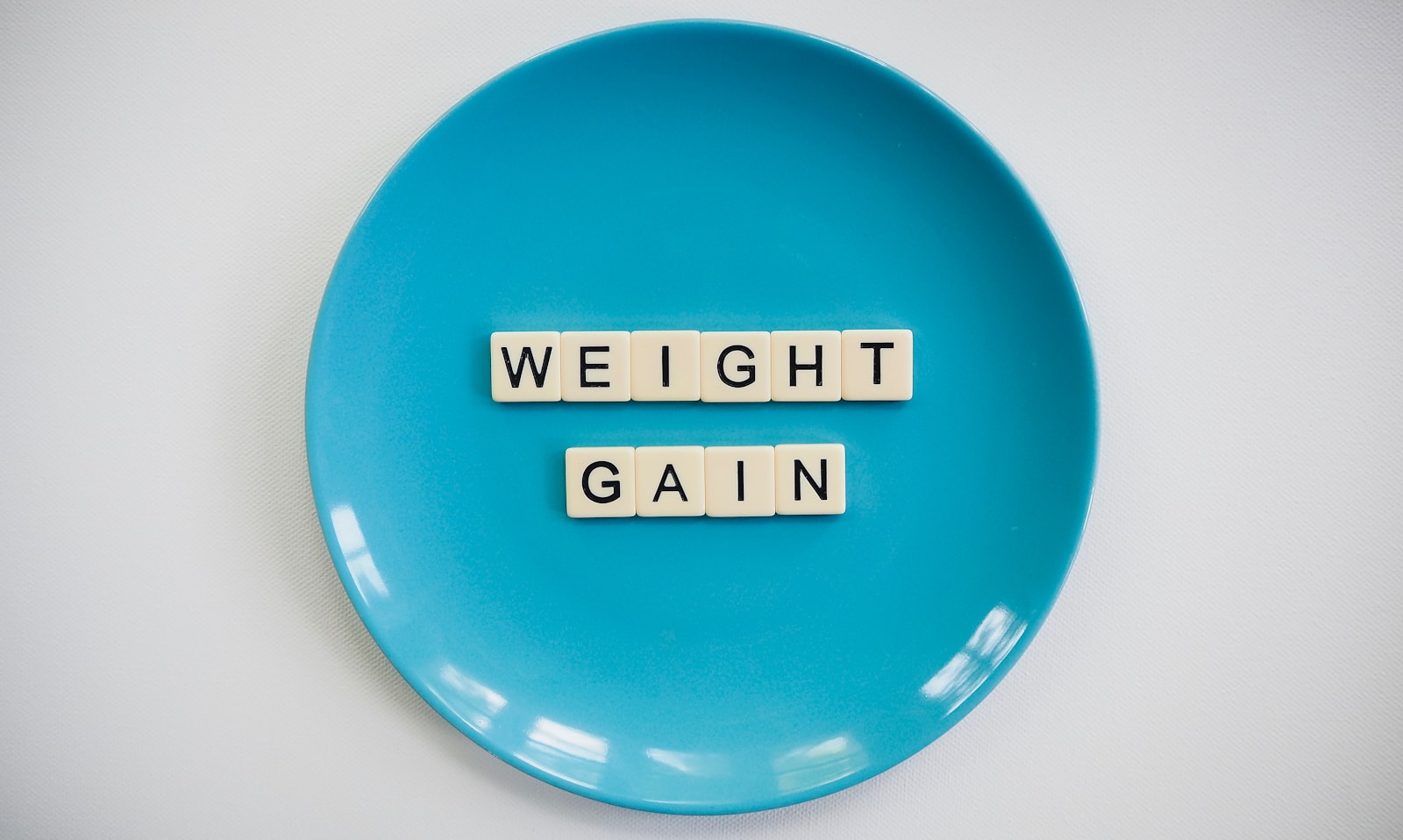For many vegetarians, achieving healthy weight gain can be a challenge. However, with the right approach and food choices, it’s entirely possible to increase body mass while adhering to a plant-based diet. This article explores various strategies, nutrient-dense foods, and practical tips for vegetarians looking to gain weight in a healthy manner.
Understanding Weight Gain
Before delving into specific foods and strategies, it’s important to understand the basics of weight gain. Fundamentally, weight gain occurs when calorie intake exceeds calorie expenditure. For vegetarians, the challenge often lies in consuming enough calories and protein to support weight gain, especially given that plant-based diets are typically lower in calories and higher in fiber than omnivorous diets.
Nutritional Considerations for Vegetarian Weight Gain
When aiming for weight gain on a vegetarian diet, several key nutrients deserve special attention:
Protein: Essential for muscle growth and repair, protein can be more challenging to obtain in sufficient quantities on a vegetarian diet. However, there are numerous plant-based protein sources available.
Healthy Fats: Fats are calorie-dense and crucial for hormone production and nutrient absorption. Incorporating healthy fats can significantly boost calorie intake.
Complex Carbohydrates: These provide sustained energy and are generally easier to consume in large quantities compared to proteins and fats.
Vitamins and Minerals: Ensuring adequate intake of nutrients like vitamin B12, iron, zinc, and calcium is crucial for overall health and proper weight gain.
High-Calorie Vegetarian Foods for Weight Gain
- Nuts and Nut Butters
Nuts are calorie-dense and rich in healthy fats, protein, and various micronutrients. A handful of almonds (1 oz) contains about 164 calories, while the same amount of peanut butter packs around 190 calories. Incorporate nuts and nut butters into smoothies, spread them on toast, or add them to oatmeal for a calorie boost. - Avocado
Avocados are incredibly nutritious and high in healthy monounsaturated fats. One medium avocado provides about 320 calories. Add sliced avocado to sandwiches, blend it into smoothies, or use it as a base for creamy sauces. - Whole Grains
Quinoa, brown rice, oats, and whole grain bread are excellent sources of complex carbohydrates and provide a good amount of calories. One cup of cooked quinoa contains about 222 calories and is also a complete protein source. - Legumes
Beans, lentils, and chickpeas are rich in protein and complex carbohydrates. A cup of cooked lentils provides around 230 calories and 18 grams of protein. Use legumes in soups, stews, salads, or as a base for veggie burgers. - Dried Fruits
Dried fruits like dates, raisins, and figs are calorie-dense and rich in natural sugars and fiber. A 1/4 cup of dried dates contains about 100 calories. Add dried fruits to trail mixes, baked goods, or eat them as a snack. - Full-Fat Dairy (for lacto-vegetarians)
If your vegetarian diet includes dairy, full-fat options like Greek yogurt, cheese, and whole milk can significantly contribute to calorie intake. A cup of whole milk provides about 150 calories and 8 grams of protein. - Olive Oil and Other Healthy Oils
Oils are the most calorie-dense foods available. One tablespoon of olive oil contains 119 calories. Use oils generously in cooking, salad dressings, and as a finishing touch on dishes. - Seeds
Pumpkin seeds, sunflower seeds, and chia seeds are rich in calories, healthy fats, and proteins. Two tablespoons of chia seeds contain about 140 calories. Sprinkle seeds on salads, yogurt, or incorporate them into baked goods. - Smoothies and Shakes
Liquid calories can be an easy way to increase calorie intake. Create high-calorie smoothies using ingredients like bananas, nut butters, oats, and plant-based protein powders. - Starchy Vegetables
Sweet potatoes, corn, and peas are higher in calories compared to non-starchy vegetables. A medium sweet potato provides about 100 calories.
Strategies for Vegetarian Weight Gain
- Increase Meal Frequency
Instead of three large meals, aim for 5-6 smaller meals throughout the day. This can help increase overall calorie intake, especially for those with smaller appetites. - Add Calorie-Dense Toppings
Boost the calorie content of your meals by adding calorie-dense toppings. Sprinkle nuts on salads, add seeds to smoothies, or drizzle olive oil over vegetables. - Drink Your Calories
Smoothies, protein shakes, and fresh fruit juices can be an easy way to increase calorie intake without feeling overly full. - Focus on Nutrient Density
Choose foods that are not only high in calories but also rich in nutrients. This ensures that you’re gaining weight in a healthy manner. - Incorporate Strength Training
Combine your increased calorie intake with strength training exercises. This helps ensure that a good portion of the weight gained is muscle mass rather than just fat. - Be Consistent
Consistency is key when it comes to weight gain. Stick to your increased calorie intake and exercise routine even if progress seems slow. - Track Your Intake
At least initially, consider tracking your calorie and nutrient intake to ensure you’re consistently eating enough to support weight gain.
Sample Meal Plan for Vegetarian Weight Gain
Breakfast:
- Oatmeal made with whole milk (for lacto-vegetarians) or plant-based milk, topped with banana slices, a handful of nuts, and a drizzle of honey
- A glass of fresh fruit juice
Mid-Morning Snack:
- Greek yogurt (for lacto-vegetarians) or soy yogurt with mixed berries and granola
Lunch:
- Whole grain wrap filled with hummus, avocado, mixed vegetables, and feta cheese (for lacto-vegetarians)
- Side of sweet potato wedges drizzled with olive oil
Afternoon Snack:
- Trail mix with nuts, seeds, and dried fruits
- A banana with peanut butter
Dinner:
- Quinoa and black bean bowl topped with roasted vegetables, cheese (for lacto-vegetarians), and a generous drizzle of tahini sauce
- Side salad with olive oil dressing
Before Bed:
- High-calorie smoothie made with plant-based milk, banana, oats, nut butter, and protein powder
Potential Challenges and Solutions
- Feeling Full Quickly
Solution: Focus on calorie-dense foods in smaller volumes. Incorporate liquid calories through smoothies and shakes. - Lack of Variety
Solution: Experiment with different cuisines and recipes. Many global cuisines offer delicious vegetarian options that can be adapted for weight gain. - Inadequate Protein Intake
Solution: Ensure each meal contains a good protein source. Consider using a plant-based protein powder if needed. - Slow Progress
Solution: Be patient and consistent. Healthy weight gain takes time. Aim for a gradual increase of 0.5-1 pound per week. - Digestive Issues
Solution: Increase fiber intake gradually. Stay well-hydrated and consider probiotics to support digestive health.
Gaining weight on a vegetarian diet is entirely possible with the right approach. By focusing on nutrient-dense, calorie-rich foods and implementing strategic eating habits, vegetarians can achieve their weight gain goals while maintaining a healthy, balanced diet. Remember, everyone’s nutritional needs are different, so it may be beneficial to consult with a registered dietitian who can provide personalized advice tailored to your specific needs and goals.
The key to successful weight gain on a vegetarian diet lies in consistency, patience, and a well-planned approach. By incorporating a variety of high-calorie vegetarian foods, increasing meal frequency, and combining your efforts with strength training, you can achieve healthy weight gain while adhering to your vegetarian lifestyle. Always prioritize overall health and well-being, and enjoy the journey of nourishing your body with plant-based goodness.





